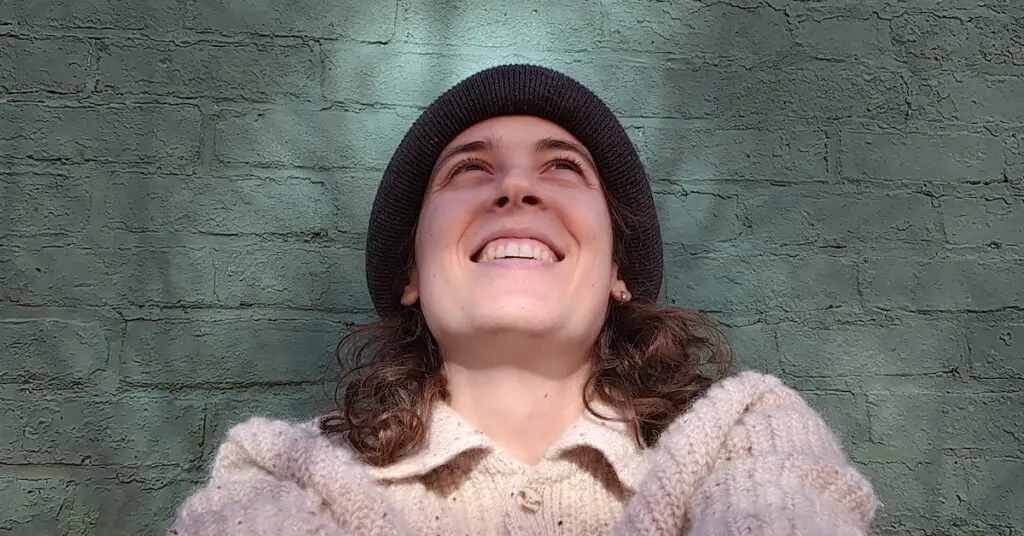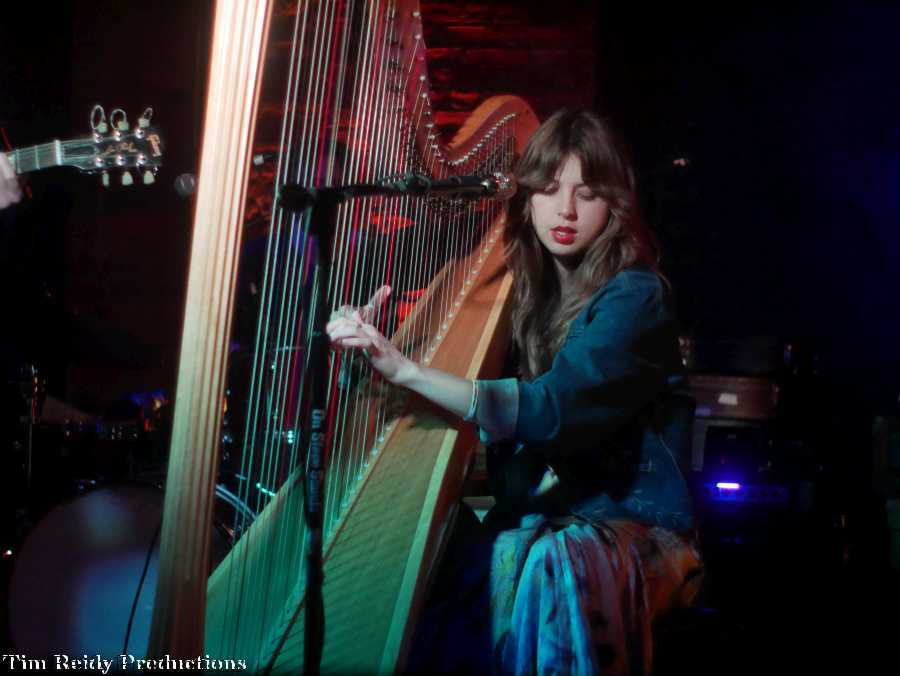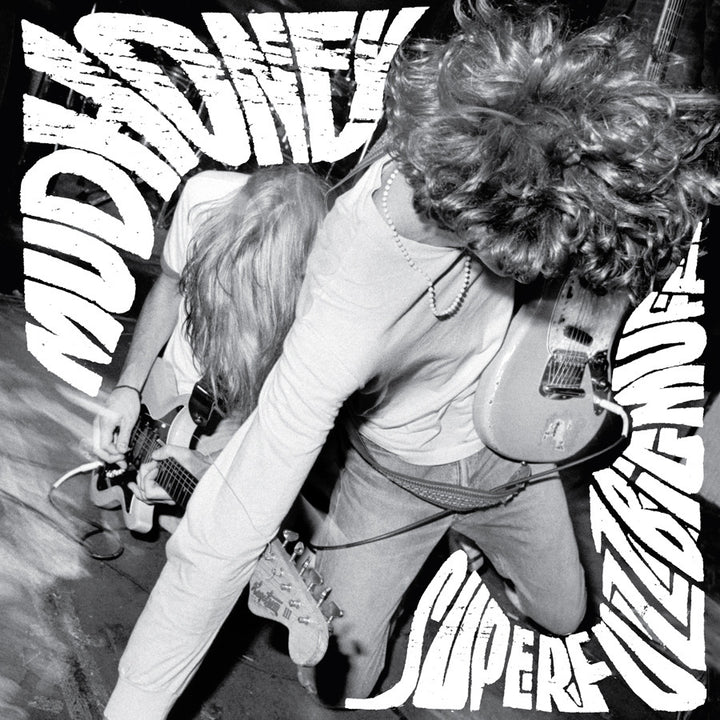Bob Bour and Glen Cortese, Schenectady Symphony Orchestra – an Interview, by Niki Kaos
By Staff on May 12, 2023
Bob Bour and Glen Cortese.
The Schenectady Symphony Orchestra is one of the reasons I feel lucky to live in the Capital Region. Thoughtful programming brings classic selections and modern melodies to the beautiful Proctor’s Theater. I have a chance to learn about what is in store for audiences this Mother’s Day weekend!
RRX: Please introduce yourselves to our readers.
BB: I’m Bob Bour, President of the SSO. I’ve been affiliated with the orchestra since about 2005, serving on the board.
RRX: So, on Linked-In when it says you’re retired, that’s not actually true!
BB: Well, I’m retired from my original career. The Schenectady Symphony is a part time gig. I was in computer and IT sales as my career.
RRX: But you kept up with your passion for classical music when you retired, or actually, even before.
BB: Yes. And part of that is due to the fact I’m married to a classical musician who plays in the orchestra.
RRX: Well, I guess you’d better like classical music then! Or it would cause for some very interesting home situations. (laughs)
BB: Yes, but I grew up listening to it. My father played all kinds of music in the house, including classical. I grew up in Pittsburgh and went to Pittsburgh Symphony concerts for kids when I was growing up. So I’ve known classical music for a long time. But yes, you are correct. Being married to a classical musician does encourage some amount of appreciation for the artform.
RRX: I suspect the fact that you appreciated it before you met might have something to do with the success of your relationship. I’m glad you found a perfect match.
Pittsburgh. What a great city to grow up in and have that exposure to classical music. Some people don’t think about Pittsburgh as a center for music, but the city really does have a rich music community there.
BB: Oh, absolutely. And not just classical. There’s a big jazz community there. A lot of folks came out of that city.
RRX: Glen (Cortese), you are the conductor for the production coming up. Are you the main conductor for SSO?
GC: Yes, and I’m the artistic director for the SSO. I conduct and program the concerts in collaboration with the musicians and the board. I also invite guest artists to come and rehearse the music, and perform the works.
RRX: For your Mother’s Day production coming up, what inspired you to create this program? I see you have Soprano Brittany Palmer coming in?
GC: Yes. The big piece on the program is Mahler’s Symphony No. 4. It uses texts from Des Knaben Wunderhorn, that Mahler went back to a lot in his life. And the texts are very innocent and childlike, talking about the good, idyllic life. I thought that would be a beautiful message for Mother’s Day. And also, it was the favorite work of our former music director, Charles Schneider, who passed away a couple of years back, and we’re dedicating this program to him. That was the motivation behind picking that piece.
We’ve paired it with a composer named Florence Price. She’s been getting quite a bit of attention lately. She’s an African American composer who worked at the turn of the 19th-20th Century, so it was unusual, both for women composers at that time, but especially an African American female composer.
She had a tremendous amount of talent and wound up getting into the New England Conservatory claiming to be Mexican rather than African American because she thought it would preclude her admission if she went with her actual heritage, which is kind of a sad statement, but I guess that’s where things were at the time. She wound up settling in Chicago and had great success there. Her compositions won a number of prizes. She was performed by the Chicago Symphony and became quite a well known and in-demand feature composer and performer during her life in Chicago.
Interestingly, like with many composers who are not the sort of giants of their repertoire, when she was no longer alive, a lot of her music dropped off in performance because she was involved in self-promoting, as most composers are. But in 2009 there was a discovery of a huge trove of unpublished works in her old summer house that was about to be demolished, and these things were found. A lot of them have gone into publication. Amongst those scores was the piece that we’re going to be doing on this program, called Ethiopia’s Shadow in America. So it is quite an interesting story of how it got from the basement of her house to the concert stage over the last 10 or so years.
This work goes from a lamenting, noble march to a beautiful slow section. And then there’s a final dance called the Juba, which is one of her favorite dances, it was an early plantation dance developed by African American slaves and that dance form was one that she loved to use in her orchestral music, her symphonies, and so forth.
RRX: That very interesting me on many levels because you are picking lesser-known, but compelling works in addition to some of the more traditional classical pieces. I feel in order to keep this genre of music alive and relevant it is good to have a repertoire and program that looks at contemporary classical music.
And your story about Florence’s work – I mean, it could have been just thrown away in a trash pile. Nobody would have known! It’s a gift that someone found this work and you’re going to pay homage to it on Mother’s Day. That’s really exciting.
GC: Our artform is two pronged. It’s a museum, in one way, where we play the great works of the cannon of music of the past. But it also is an emerging art form, where we are doing newer things. And to find a good balance between what people are familiar with, and what they like to hear, and also things that are new and different for them is one of the challenges in any symphonic institution. To find that balance so that the audience is happy and familiar with certain things, and also challenged to listen to new things and learn new things by listening.
RRX: I’m glad you recognize that. It sounds like you are very thoughtful in the programs you put together.
GC: When you’re trying to get someone to try something new foodwise, you usually put it with a couple of things on the plate that they like.
RRX: That’s an apt description. And I think a good goal for programming is to get people to try new things sometimes. Also, when you say classical music, I think of John Williams or Danny Elfman. People may not realize the impact some composers have had sonically in their era, but these guys have written some of the most memorable classical music ever.
What other programs do you have coming up?
GC: That’s our last concert of this season. Our concerts run from October through late April or early May each year. We do have a summer program out at Music Haven this year.
BB: August 7th we’ll be out at Music Haven. It’s a Saturday night.
RRX: And that’s in Schenectady, right? That beautiful facility in the park?
BB: Yes. You are correct. Central Park.
GC: That will be A Night on Broadway. So that will be Broadway hits going back as far as the Tin Pan Alley era to modern times. Should be a fun program for everybody.
RRX: Have you auditioned for that because I’m a singer and I love Broadway! (laughs)
GC: We actually already have our soloists in place.
RRX: Dang. You can’t blame me for trying! I love Broadway stuff – to me that was always more fun. Sometimes the opera was a little too restrained for me. It sounds like you get to play all those sides of music. Do you perform pit orchestra work as well?
GC: We do perform semi-staged operas once a year, and that is technically pit playing – even though we’ve done it where there’s no pit. We created the type of environment where we can do operatic work. And next year we actually will be in the pit with one of our programs, at the hall at Skidmore College.
RRX: Fun!
GC: So yes, but we don’t really do Broadway, per se, in terms of productions because Proctor’s programming has so many great musicals coming through that we would be redundant.
RRX: That niche is already filled!
Tell me more about your partnership with Skidmore because they have a great music program up there.
GC: We’ve been collaborating with them for the last couple of years informally in terms of presenting an operatic work, and their faculty have been the principal singers, and some of their more advanced students have been involved as well. And next year we’ve formalized that relationship and their opera workshop course will run in conjunction with the production we’re doing of Strauss’ Die Fledermaus. It’s a concert production of the work, it’s not fully staged, but we will be performing it at Skidmore next March.
RRX: That’s very exciting. I love that you are infusing new energy into this classical music world.
I wanted to wrap up by saying that I remember buying subscriptions to classical music programs when I was growing up. You would plan ahead to go to the concert. It would be a nice night out. You mentioned your season starts in October? How do people get more info about how to subscribe and get those great seats by getting your tickets in advance for the season?
BB: Our new season 2023-2024 will be our 90th season performing in Schenectady, so the season announcement is going to coincide with the concert on May 14th at Proctor’s. At that point we’ll put subscriptions on sale. They’re available through the box office at Proctor’s, in person, by phone or online. And it’s true, if you have favorite seats you always want, buying a subscription gets you first shot at the seats. And you save a little money too if you want to buy the entire concert series. All of that information is on the Proctor’s website and the SSO Facebook page.
RRX: As a person who loves music, subscriptions are a great value. And it takes a lot of the stress off of getting those tickets, because you have the first chance.
Thank you so much for talking with me. Congratulations on all of your success with your current season, and I look forward to seeing what you have in store for us next year!
Readers can buy tickets for the Schenectady Symphony Orchestra’s Concert 4 – The Romantic Ideal (1800-1935) by visiting the Proctor’s website here. The performance is scheduled for Sunday, May 14th at 3pm.





 RadioRadioX
RadioRadioX